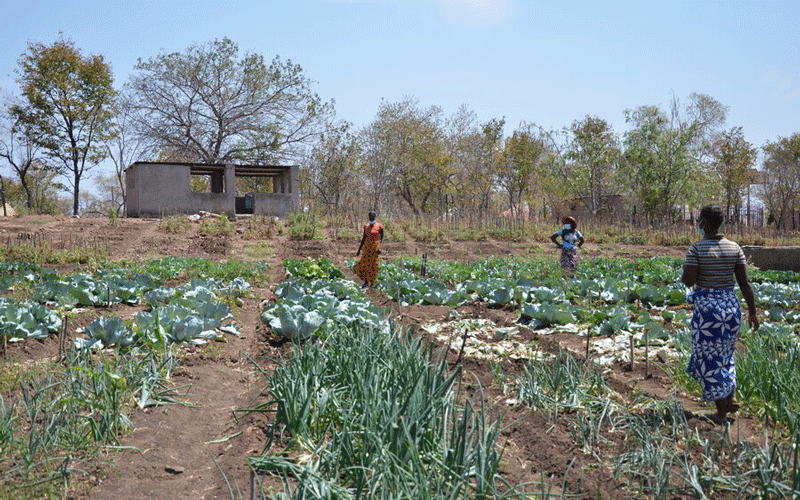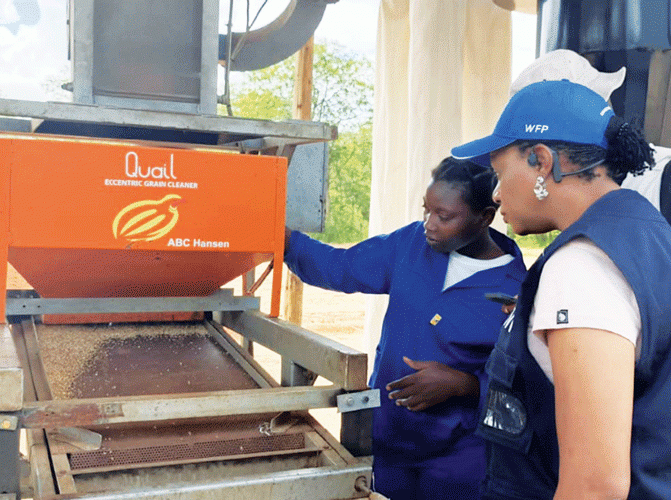
AT least 70% of Zimbabwean women are small-scale farmers and have been affected by climate change effects, posing food security threats, a government official said yesterday.
Speaking at a Takunda Resilience Food Security Activity (RFSA) workshop in Harare, Women Affairs ministry secretary Moses Mhike said drought and floods being experienced in the country were affecting women farmers more.
“70% of our women in Zimbabwe are small-scale farmers who rely on rain-fed agriculture, and the droughts and floods being experienced due to climate change effects are affecting their yields,“ Mhike said.
The Takunda RFSA, which is funded by USAid, is a multi-partner consortium which seeks to build the resilience of low-income people who may be chronically affected by climatic and economic shocks.
The five-year project targets vulnerable adult women and men, adolescent mothers, male and female youth (aged 18-35), women of the reproductive age group and children under five years.
Secretary in the Agriculture ministry John Basera said: "Climate-induced erratic rainfall patterns and increasing natural disasters have impacted Zimbabweans in general and smallholder farmers, hence the bold decision of our ministry to move with climate-proofing our agriculture through the revitalisation of irrigation schemes and the construction of dams to increase the area under irrigation.”
Takunda programmes director Walter Mwasaa said climate change has been wrecking agricultural production in Africa and other parts of the world.
“Production worth more than US$45 billion is at risk, and subsistence is threatened due to crop failures and losses driven by rising temperatures, increasingly erratic rainfall, frequent weather extremes, and pest outbreaks,” he said.
- 128 trafficked women return home
- Lima recognises Zim women in media
- Zim women farmers bear brunt of climate shocks
- Kirin: Giving voice to humanity











